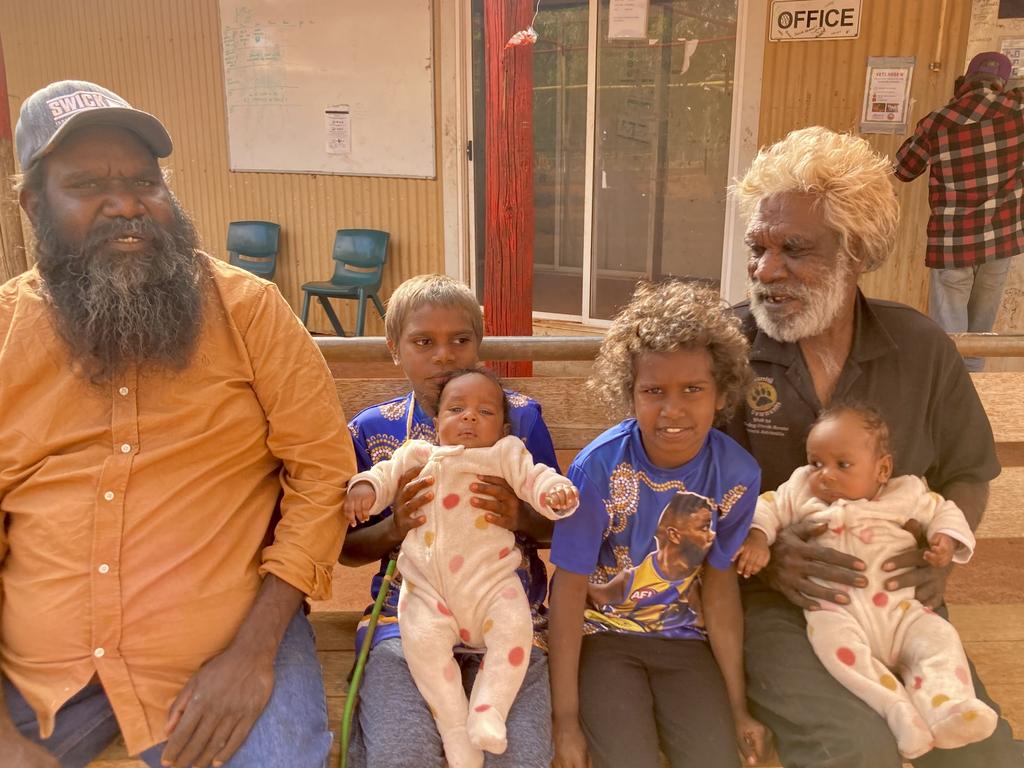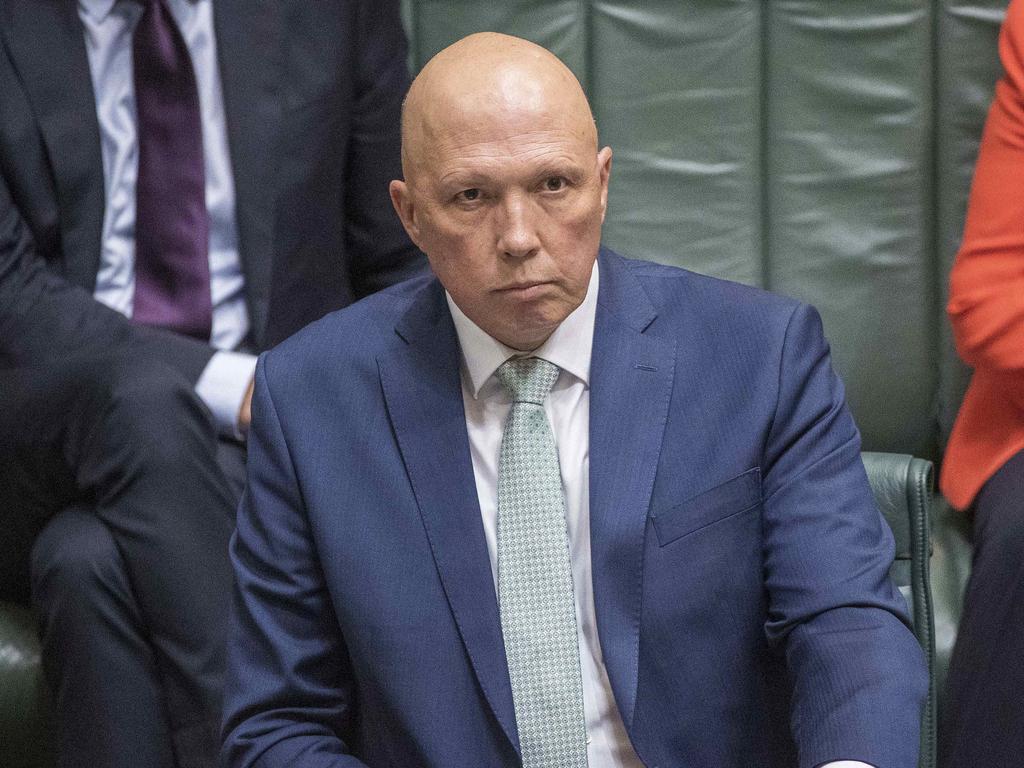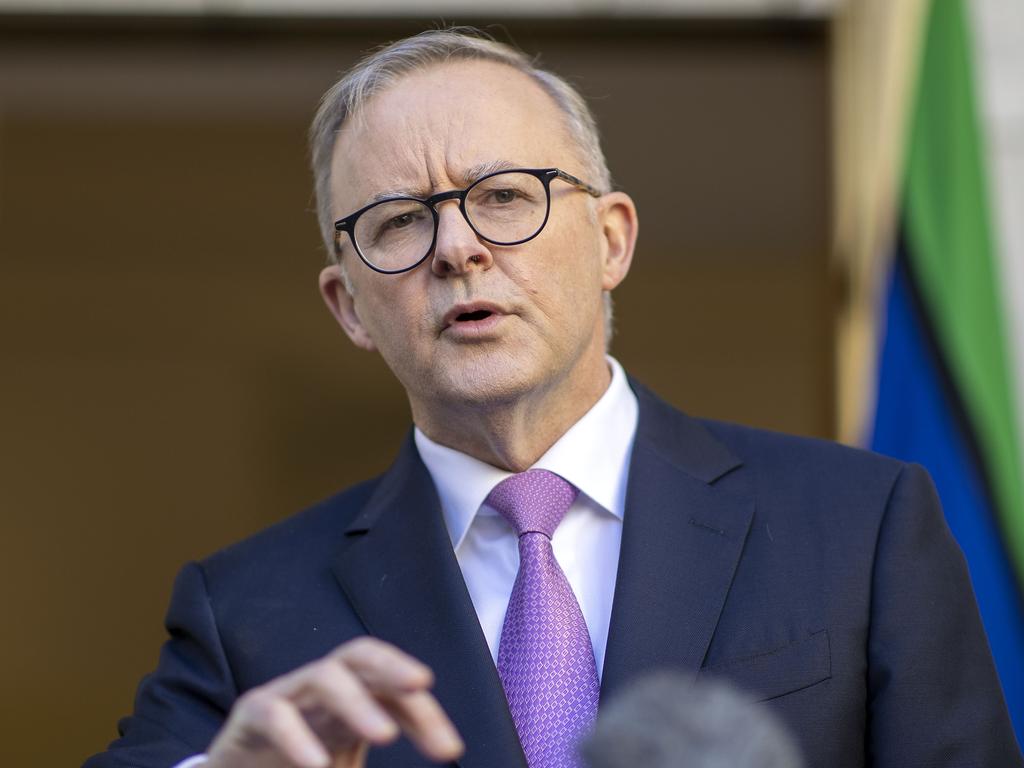This is a remarkable turnaround. Think back to 2013 when Albanese was a senior minister in the Gillard government. It was a time of political chaos, incompetence, and infighting, and The Australian was fundamental in exposing this debacle. Labor angrily responded by introducing draft legislation that would have imposed an ominously titled ‘Public Interest Media Advocate’ to regulate print and online news publications. Guess who was one of its loudest supporters?
“Labor believes it is incumbent upon government to ensure that the regulatory processes and industry structure are sufficiently strong to support the continuation of a healthy and independent media,” Albanese told parliament. This was nothing but spite and a shameful attempt to nobble the media. Fortunately, it was rejected.
Albanese would have us believe this is all in the past. But his professed love for media freedom was simply an attempt to ingratiate himself with the ABC. His hostile attitude towards journalists who hold his government accountable remains the same.
Take for example Albanese’s announcement that his government will hold a referendum regarding an Indigenous Voice to parliament. By voting yes to the proposal, he said, Australians would realise “this long-overdue embrace of truth and justice and decency and respect for First Nations people”.
Presumably, Albanese would welcome scrutiny as to the body’s proposed composition and structure. Yet it is not questioning he has embraced, but reticence, saying parliament would decide the details once the referendum was passed. What followed in the days since was a combination of prevaricating and platitudes before Albanese relented last week, saying he now favours a “national conversation” about a model.
In fact, Albanese welcomes it so much that he had a testy message for those asking the inconvenient questions that led to the ‘conversation’ announcement. “Media can choose during this debate to look at, and you have a big responsibility to look at and promote what unites us and to put that in a coherent way whilst recognising there are different views,” he said. “But overwhelmingly this is an opportunity for national unity.”
That’s an interesting (new) take on the media’s role. It brings to mind those comical images of North Korean officials dutifully penning the wise words of leader Kim Jong-un as he offers guidance. Albanese, of course, is not a dictator. But neither is he a details man, something that was excruciatingly obvious during the election campaign. Small wonder he initially refused to be drawn on the specifics of the Voice. Having abandoned that plan, he now invokes patriotism to appeal to the media.
Now contrast that with what he told his ABC audience on Friday. “Confidence in our democratic system is underpinned by strong public organisations contributing accurate information and well-informed, carefully reasoned analysis,” he said. “There is little that is so at odds with who we are than an ideology that demands a tame public broadcaster, debased to the status of government mouthpiece.”
But for some sections of the public broadcaster, supporting the Voice – as well as militating against those who question the proposal – is a given. Last week, for example, Nareen Young, a professor of Indigenous policy at the University of Technology Sydney, featured as a panellist on ABC’s current affair program ‘The Drum’.
Young, you may recall, had appeared on the same program in February to proclaim that then prime minister Scott Morrison’s preference for white bread reflected classist, racial, and patriarchal biases. Her response this time, when asked whether it was a sound strategy to proceed to referendum, was equally vacuous.
“Quite clearly, the only people asking for detail are people who oppose it,” she said, adding the Voice was “being railroaded by the Liberal Party because of the rednecks and racists in their own ranks”. Host John Barron did not challenge her to justify these assertions.
Like Young, RN Breakfast host Patricia Karvelas also believes the Coalition has ulterior motives in asking for clarification of the model. “It seems like every time you give a bit of detail, the answer – and I’m talking about the political class here, not average Australians, it’s really important to say this – go ‘We want more detail,’” she said.
Fav holiday dinner game the other night was if there’s one thing you would do to change Australia what would it be? My kids said they would want the Uluru Statement from the Heart realised. Can’t be beyond our capacity. #auspol
— Patricia Karvelas (@PatsKarvelas) January 9, 2021
To maintain that only conservative politicians are in this category is journalistic dissonance. Outside the ABC enclave many so-called average Australians are protesting that the government has provided insufficient information to enable an informed vote. Even a recent Age editorial warned the government’s failure in this respect “would leave a vacuum for critics to easily fill”.
Karvelas might want to reflect on her own motivations. Earlier this month she asked Indigenous Australians Minister Linda Burney whether it was possible for the government to hold a referendum without allocating public money to the ‘no’ campaign. Burney, who had not raised this, prudently deflected what was ostensibly a question.
As for the Guardian Australia, editor Lenore Taylor enthusiastically endorsed Albanese’s call for the media to run the national unity line on the referendum. While claiming for the record it would be a mistake to “ignore the voices of dissent,” she labelled them a “minority” and warned of “false equivalence”.
“Dissent and disagreement can often make for better copy … but what if this is really a story about consensus,” Taylor asked rhetorically in a Guardian podcast last week. You know where this is heading. “Then we should report it as a story about consensus,” she said.
Ironically, in the same forum just last month she pondered the question of why the public was turning away from news. Their doing so, Taylor claimed, would lead to a “very insular, self-absorbed, singular mindset, which I think is kind of dangerous”. Yes, she really said that.
As for the ABC, you can be sure that ‘no’ campaigners will be portrayed negatively. “You’ve then got to make sure that any of the scare campaigns – that people do understand this, so they’re not frightened by it,” said ABC presenter Fran Kelly last week. “I think the general population would like to do this, so we have to calm the farm if you like, calm everyone down around what it actually means and reassure them.”
We are talking about a referendum, not a national disaster. The ABC should not be dispensing the journalistic equivalent of Mogadon nor cosset the public as if they were malleable simpletons. In any event neither Kelly nor anyone else at ABC is in a position to “reassure” their audience about the referendum given we are still scant on detail.
But the national broadcaster sees this referendum as a righteous cause. And as far as the ABC is concerned, only one voice will be heard.
More Coverage
Happy to receive my 2nd AstraZeneca dose today.
— Michael Rowland (@mjrowland68) July 27, 2021
My thanks to Hannah, and all the @westernhealth team at the Melbourne Showgrounds vaccination hub.
I have full faith in AZ to help protect me, my family and the community from COVID. 💉 pic.twitter.com/7Y7FEYPPJ2








Speaking last week at an official dinner to commemorate the ABC’s 90th anniversary, Prime Minister Anthony Albanese proclaimed himself a champion of journalism. “A government confident of its own ideas and principles should embrace independent questioning as crucial to the democracy it purports to uphold,” he proclaimed.